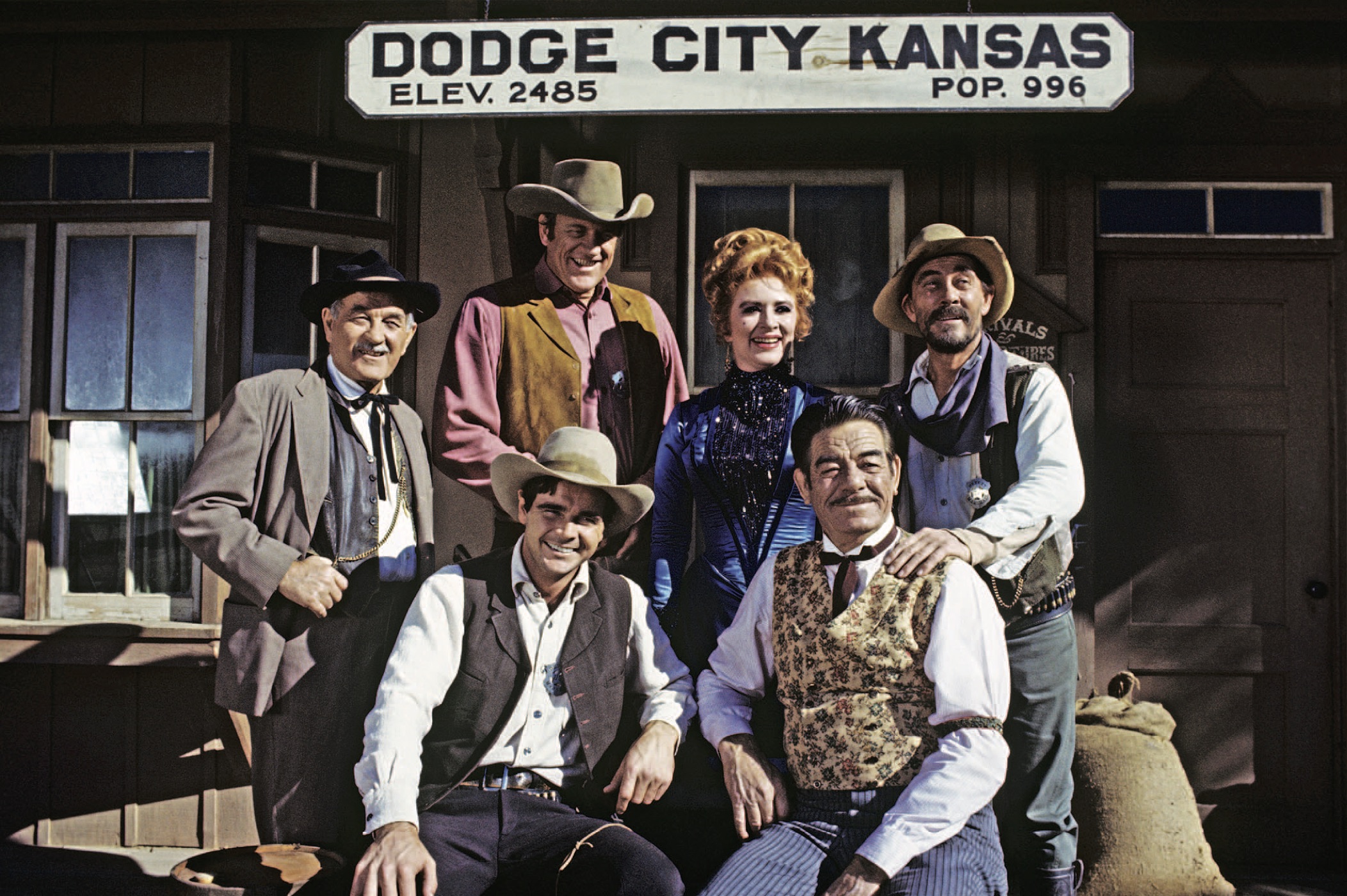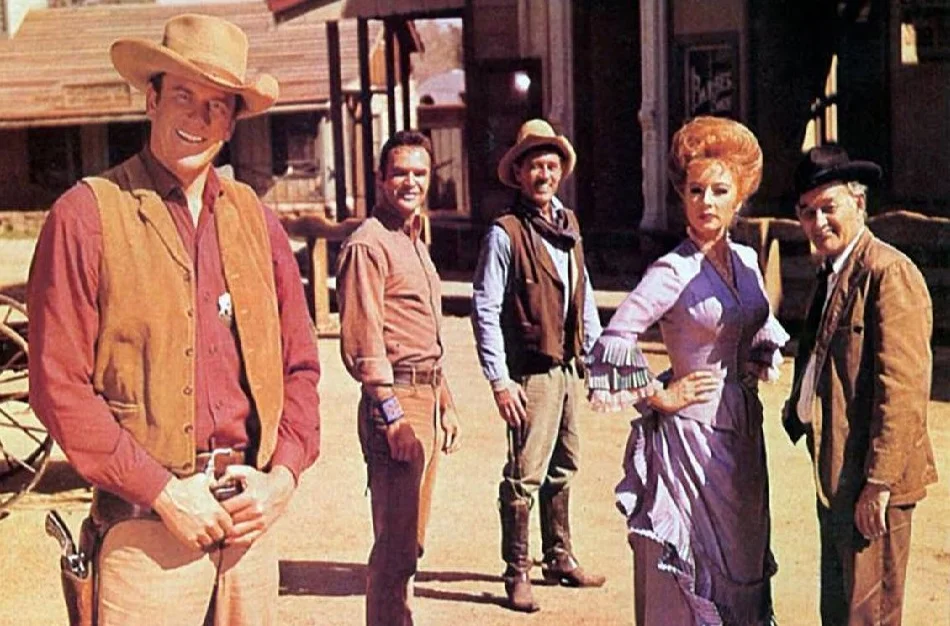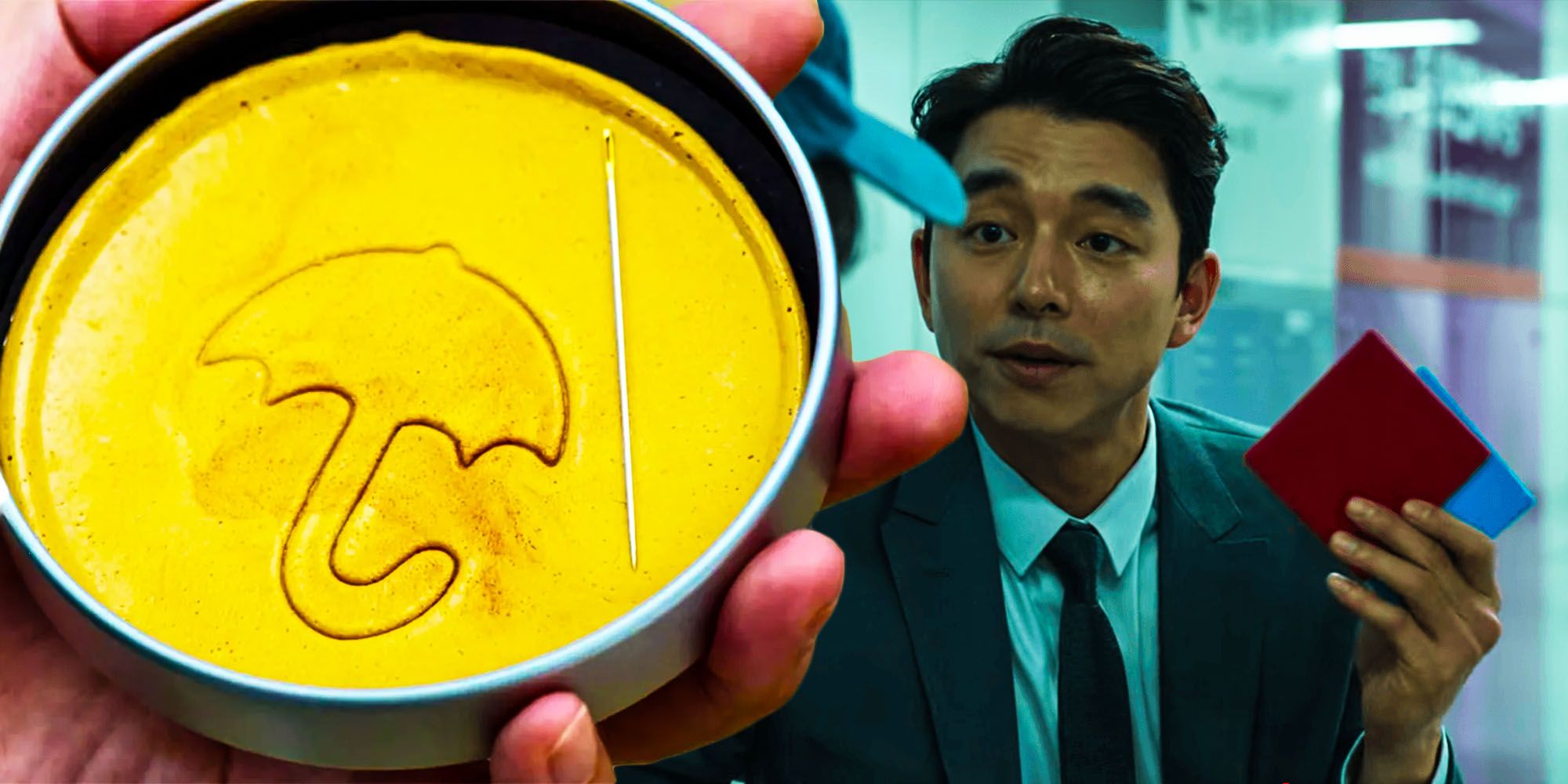Gunsmoke Characters A Deep Dive
Gunsmoke characters remain iconic figures of Western television. This exploration delves into the complexities of the show’s memorable cast, examining their individual personalities, evolving relationships, and lasting impact on the narrative. From the steadfast Matt Dillon to the quirky Festus Haggen, each character contributed to the show’s enduring legacy, shaping the landscape of Dodge City and captivating audiences for decades.
We’ll analyze their motivations, moral dilemmas, and the ways in which their interactions shaped the series’ compelling storylines.
The analysis will cover the main characters—their strengths, weaknesses, and character arcs—as well as the recurring supporting players who enriched the world of Gunsmoke. We will explore the dynamics between the lawmen and outlaws, and the subtle yet significant romantic undercurrents that added depth to the show. Ultimately, this piece aims to provide a comprehensive look at the characters that made Gunsmoke a timeless classic.
Gunsmoke’s Enduring Characters: A Comparative Look: Gunsmoke Characters
Gunsmoke, a cornerstone of Western television, captivated audiences for two decades with its compelling characters. This analysis delves into the personalities, relationships, and evolution of the show’s key figures, exploring their roles in shaping the narrative and reflecting the social context of their time.
Main Characters: A Comparative Analysis
The show’s success hinges on its well-developed main characters, each possessing unique strengths and flaws. Matt Dillon, the steadfast marshal; Doc Holliday, the enigmatic gambler and physician; and Festus Haggen, the comedically inept but ultimately loyal deputy, represent diverse facets of the Wild West.
Matt Dillon, the central figure, undergoes a subtle but significant character arc throughout the series. Initially portrayed as a rigid, by-the-book lawman, he gradually displays greater empathy and understanding, learning to balance justice with compassion. His moral dilemmas often involve choosing between upholding the law and showing mercy, forcing him to make difficult choices that reflect the complexities of his role.
He consistently strives for fairness, but his unwavering commitment to justice sometimes leads to internal conflict.
| Character | Strengths | Weaknesses | Key Traits |
|---|---|---|---|
| Matt Dillon | Integrity, determination, fairness, leadership | Rigidity, sometimes emotionally distant, prone to self-doubt | Just, compassionate (eventually), responsible |
| Chester Goode | Loyalty, intelligence, quick wit, observant | Lack of physical strength, naivete, easily flustered | Supportive, observant, loyal |
| Doc Holliday | Intelligence, medical skill, sharp wit, resourcefulness | Cynicism, gambling addiction, health issues, unpredictable | Intelligent, cynical, resourceful |
Recurring Characters and Their Roles
Source: muddyrivernews.com
Beyond the main cast, a colorful ensemble of recurring characters enriched the narrative. These individuals, with their distinct personalities and motivations, played pivotal roles in advancing storylines and providing depth to Dodge City’s dynamic social landscape.
Miss Kitty Russell, the saloon owner, served as more than just a romantic interest for Matt Dillon. Her sharp wit, business acumen, and unwavering compassion made her a vital part of the community. She often acted as a confidante and advisor, offering a feminine perspective to the predominantly male world of Dodge City. Festus Haggen, the town’s perpetually bewildered deputy, provided much-needed comic relief, his childlike innocence and bumbling nature contrasting with the often grim realities of the West.
Expand your understanding about craigslist in san bernardino with the sources we offer.
- Kitty’s influence: She mediated disputes, offered comfort, and provided valuable insights into the town’s social dynamics.
- Festus’s comedic timing: His misunderstandings and mishaps often lightened tense situations, providing moments of levity amidst the drama.
- Supporting characters advancing storylines: Recurring villains like the Dalton Gang or other outlaws provided ongoing conflict, while townspeople like Sam and Turkey provided insights into daily life and social issues.
Character Relationships and Dynamics
The relationships between Gunsmoke’s characters were complex and multi-faceted, driving much of the show’s drama and emotional resonance. The dynamics between lawmen and outlaws, as well as the personal connections within Dodge City, shaped the narrative’s trajectory.
Matt Dillon and Miss Kitty’s relationship was a slow burn, characterized by mutual respect, affection, and unspoken longing. Their bond transcended a simple romantic interest, encompassing shared understanding and deep companionship. Matt’s relationships with Chester and Festus differed significantly. With Chester, it was a partnership built on mutual trust and respect. With Festus, it was more of a paternalistic bond, marked by tolerance and amused exasperation.
| Relationship | Type | Intensity | Description |
|---|---|---|---|
| Matt Dillon & Miss Kitty | Romantic, platonic | High | Mutual respect, affection, unspoken longing |
| Matt Dillon & Chester | Professional, friendly | Medium-High | Trust, respect, partnership |
| Matt Dillon & Festus | Paternalistic, comedic | Medium | Tolerance, amusement, loyalty |
| Lawmen & Outlaws | Antagonistic | Variable | Conflict, tension, occasional uneasy alliances |
Character Arcs and Development
Over the course of the series, many characters underwent significant personal growth and transformation. Key events and experiences shaped their personalities, motivations, and perspectives, adding depth and realism to their portrayals.
Matt Dillon’s journey is a prime example. His initial rigidity gradually gives way to a more nuanced understanding of human nature. Chester Goode, initially portrayed as a somewhat naive and timid deputy, gains confidence and competence throughout the series. His evolution showcases a gradual maturation, marked by increased self-assurance and skill.
- 1952-1955: Establishing himself as marshal, dealing with early challenges.
- 1956-1960: Facing more complex moral dilemmas, developing empathy.
- 1961-1965: Increased maturity and leadership, grappling with personal loss.
- 1966-1975: Reflecting on his life and legacy, maintaining a sense of justice amidst personal and societal change.
Character Representation and Archetypes, Gunsmoke characters

Source: insp.com
Gunsmoke’s characters embody classic Western archetypes while also reflecting the social and cultural context of the mid-20th century. The show’s creators utilized familiar tropes to create relatable characters that resonated with audiences.
Matt Dillon, for instance, represents the stoic, morally upright lawman, a figure familiar from countless Western narratives. His attire – typically a dark suit, stetson, and holster – reinforces this image. His expressions are often serious and reserved, reflecting his dedication to justice. The show’s characters reflected the post-war anxieties, the changing social dynamics of the West, and the enduring appeal of traditional values, such as justice and community.
Last Recap
Gunsmoke’s enduring popularity stems not only from its compelling storylines but also from its richly developed characters. From the stoic heroism of Matt Dillon to the comedic relief provided by Festus Haggen, the show’s cast offered a diverse and memorable ensemble. Their individual journeys, complex relationships, and reflections of the social climate of their time created a tapestry of human experience that continues to resonate with audiences today.
This exploration has only scratched the surface of the nuanced characterizations that made Gunsmoke a landmark achievement in Western television.







